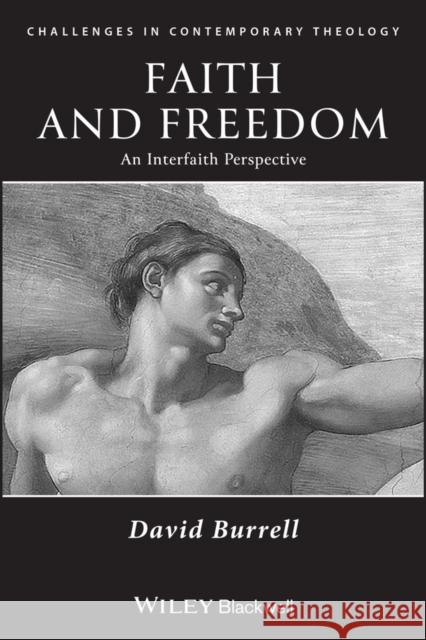Faith and Freedom: An Interfaith Perspective » książka
topmenu
Faith and Freedom: An Interfaith Perspective
ISBN-13: 9781405121712 / Angielski / Miękka / 2004 / 266 str.
In this book, David Burrell, one of the foremost philosophical theologians in the English-speaking world, presents the best of his work on creation and human freedom.
- A collection of writings by one of the foremost philosophers of religion in the English-speaking world.
- Brings together in one volume the best of David Burrell's work on creation and human freedom from the last twenty years.
- Dismantles the 'libertarian' approach to freedom underlying Western political and economic systems.
- Engages with Islam, Judaism and Christianity, and with modern and pre-modern systems of thought.
- The author is noted for his rigorous approach, his wry humor, his intellectual subtlety and his generous spirit.











